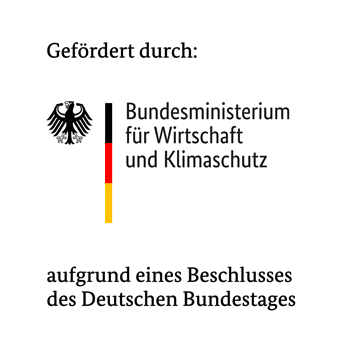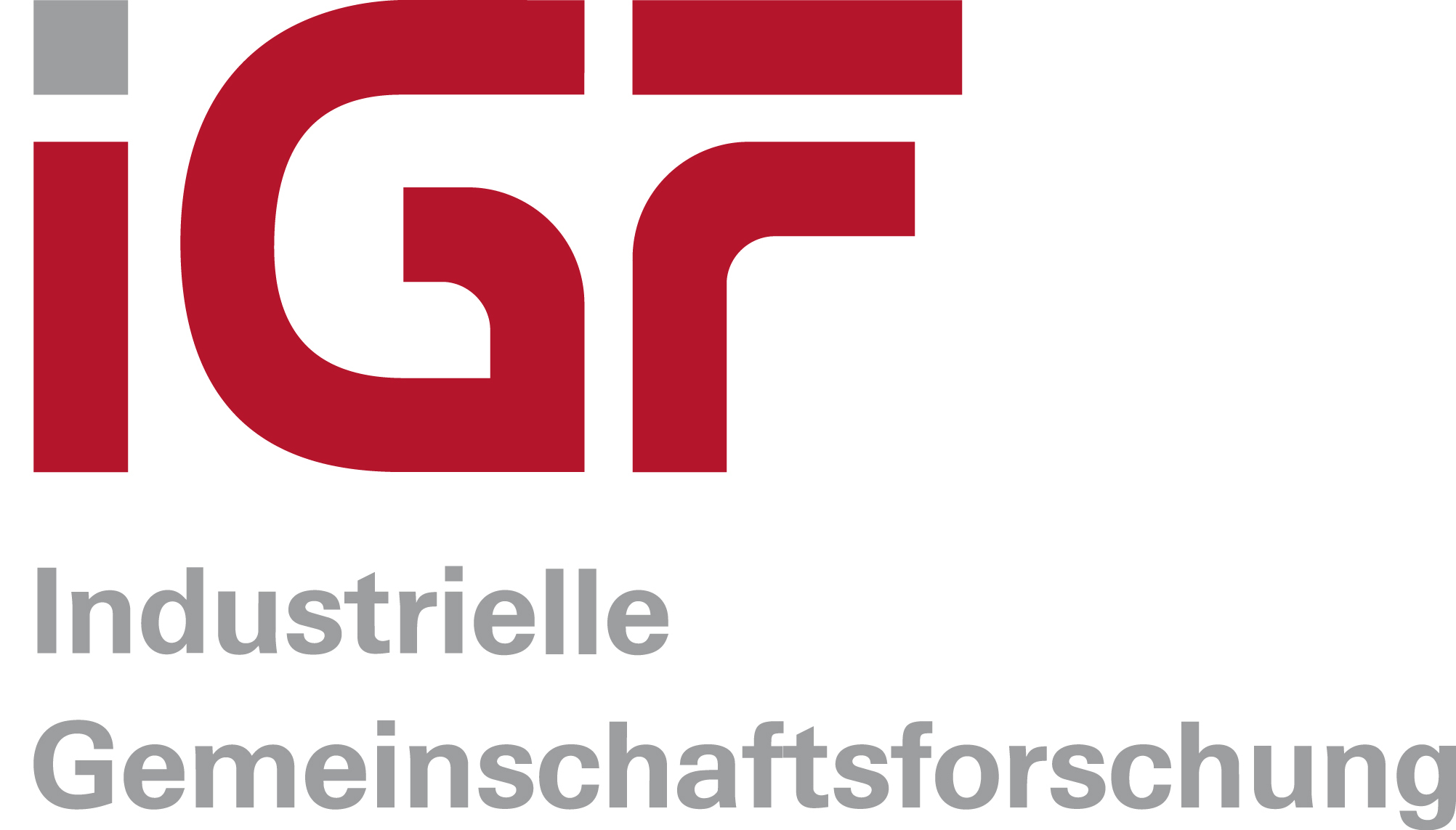When placed on the market, fuels must have specific properties that are defined in standards. One of the reasons for this is to ensure clean and safe combustion. However, the properties can change after being placed on the market due to aging processes. These include both physical and chemical changes that take place in contact with atmospheric oxygen, light and metals and can lead to the standard specifications no longer being reliably met after a longer storage period. As a result, corrosion can occur, for example, or deposits can clog filters. However, longer storage times are becoming more common as a result of efficiency improvements and the use of hybrid technologies. In addition, more and more newly developed admixture components are being introduced with the aim of reducing CO2.
Research report published: Rapid aging method for fuels and combustibles
BMWK-funded research project completed
Aging reactions are therefore becoming increasingly complex. In order to estimate the aging process of fuels, the development in long-term storage is investigated. Rapid aging methods provide a way of mapping this in a short time, but have been limited to general statements and have usually been unable to reveal any conclusions about the time dimension of the effects that occur. Against this background, the BMWK has funded a research project which has been completed after 2.5 years.

In the project, researchers at OWI have developed a model with which the correlation between a rapid aging process and long-term storage can be mapped mathematically. The rapid aging process used accelerates the aging reactions with increased temperature and pressure, and various measurement parameters can be measured using an online sensor.

The results are published in DGMK Research Report 798. The report is available free of charge from DGMK.
Research Center
OWI Science for Fuels gGmbH affiliated Institute of the RWTH Aachen
The IGF project (21047 N) of the research association DGMK Deutsche Wissenschaftliche Gesellschaft für nachhaltige Energieträger, Mobilität und Kohlenstoffkreisläufe e.V., Große Elbstraße 131, 22767 Hamburg, Germany, was funded by the German Federal Ministry of Economics and Climate Protection via the AiF within the framework of the program for the promotion of joint industrial research (IGF) based on a resolution of the German Bundestag.